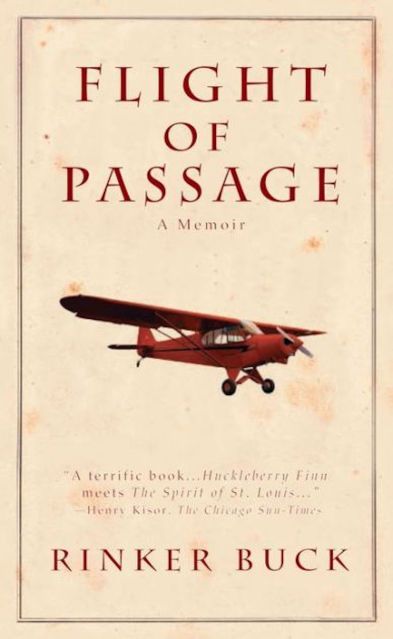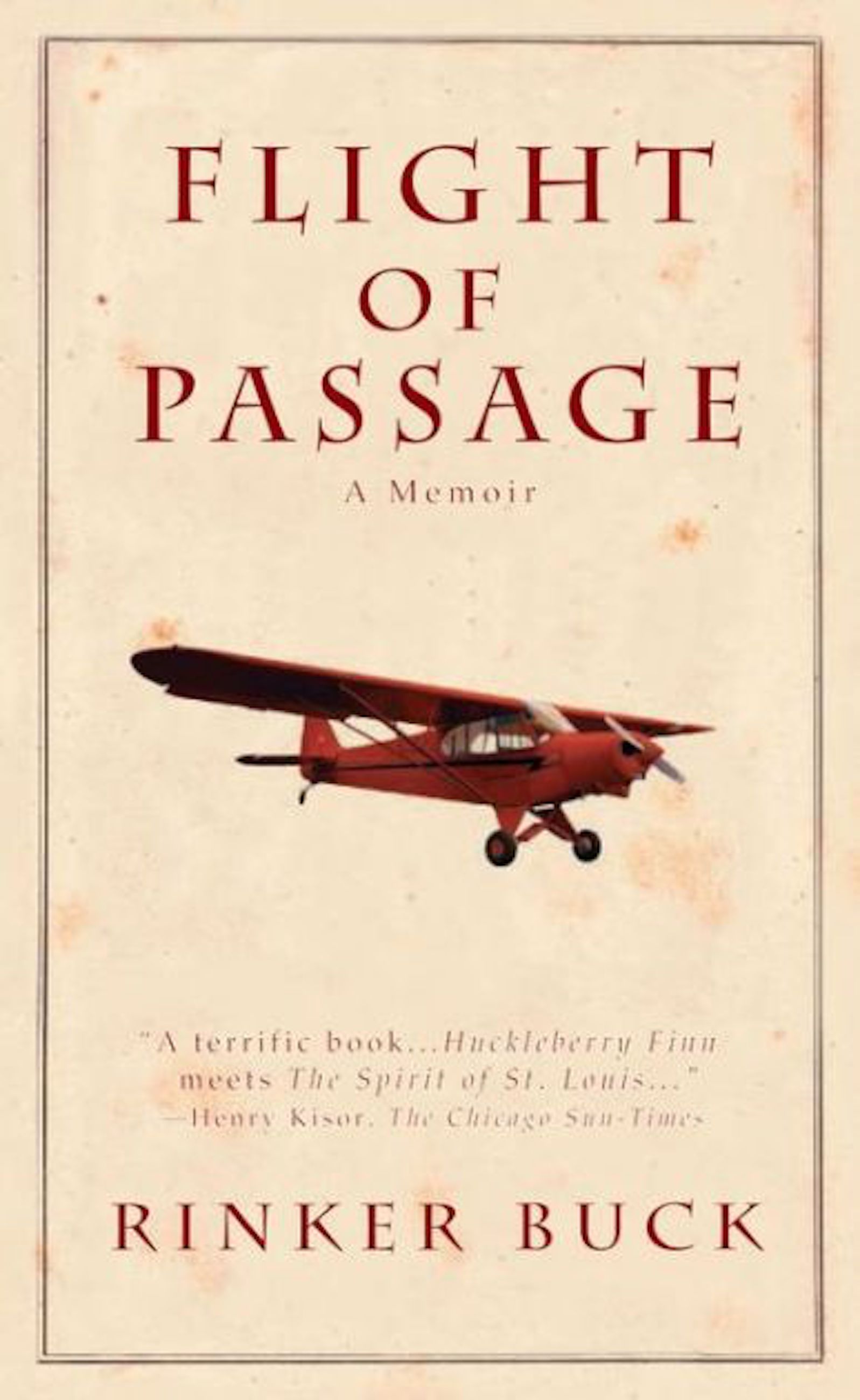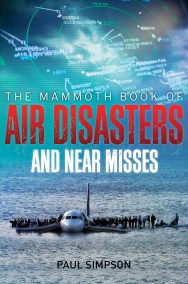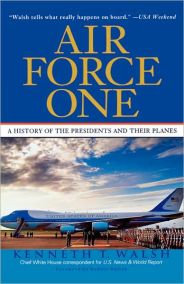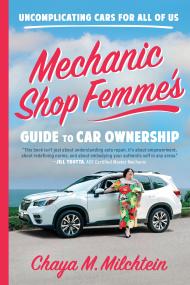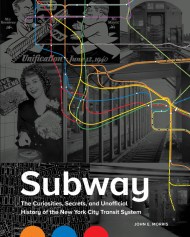Promotion
Use code MOM24 for 20% off site wide + free shipping over $45
Flight of Passage
A True Story
Contributors
By Rinker Buck
Formats and Prices
Price
$11.99Price
$15.99 CADFormat
Format:
- ebook $11.99 $15.99 CAD
- Trade Paperback $21.99 $28.99 CAD
This item is a preorder. Your payment method will be charged immediately, and the product is expected to ship on or around March 5, 2013. This date is subject to change due to shipping delays beyond our control.
Also available from:
Writer Rinker Buck looks back more than 30 years to a summer when he and his brother, at ages 15 and 17 respectively, became the youngest duo to fly across America, from New Jersey to California. Having grown up in an aviation family, the two boys bought an old Piper Cub, restored it themselves, and set out on the grand journey. Buck is a great storyteller, and once you get airborne with the boys you find yourself absorbed in a story of adventure and family drama. And Flight of Passage is also an affecting look back to the summer of 1966, when the times seemed much less cynical and adventures much more enjoyable.
Genre:
- On Sale
- Mar 5, 2013
- Page Count
- 368 pages
- Publisher
- Hachette Books
- ISBN-13
- 9781401305772
Newsletter Signup
By clicking ‘Sign Up,’ I acknowledge that I have read and agree to Hachette Book Group’s Privacy Policy and Terms of Use
